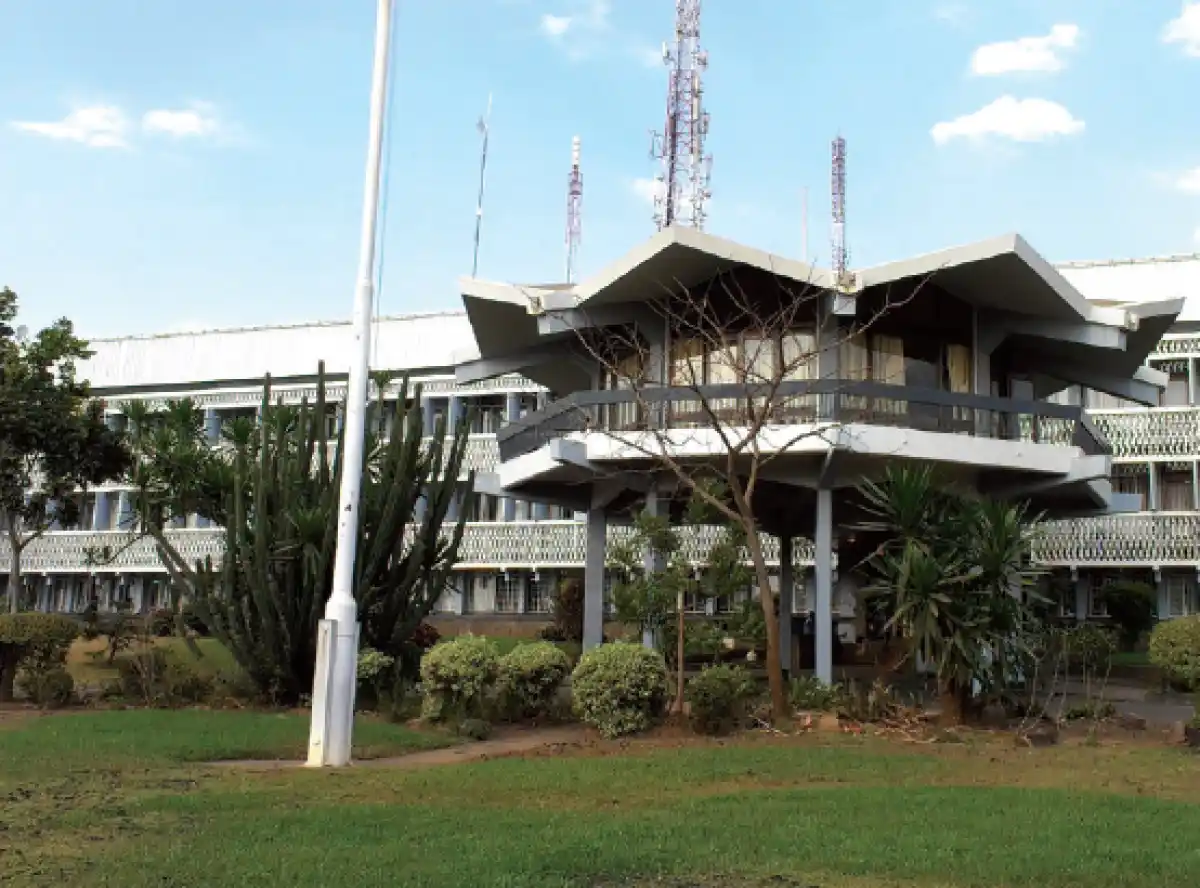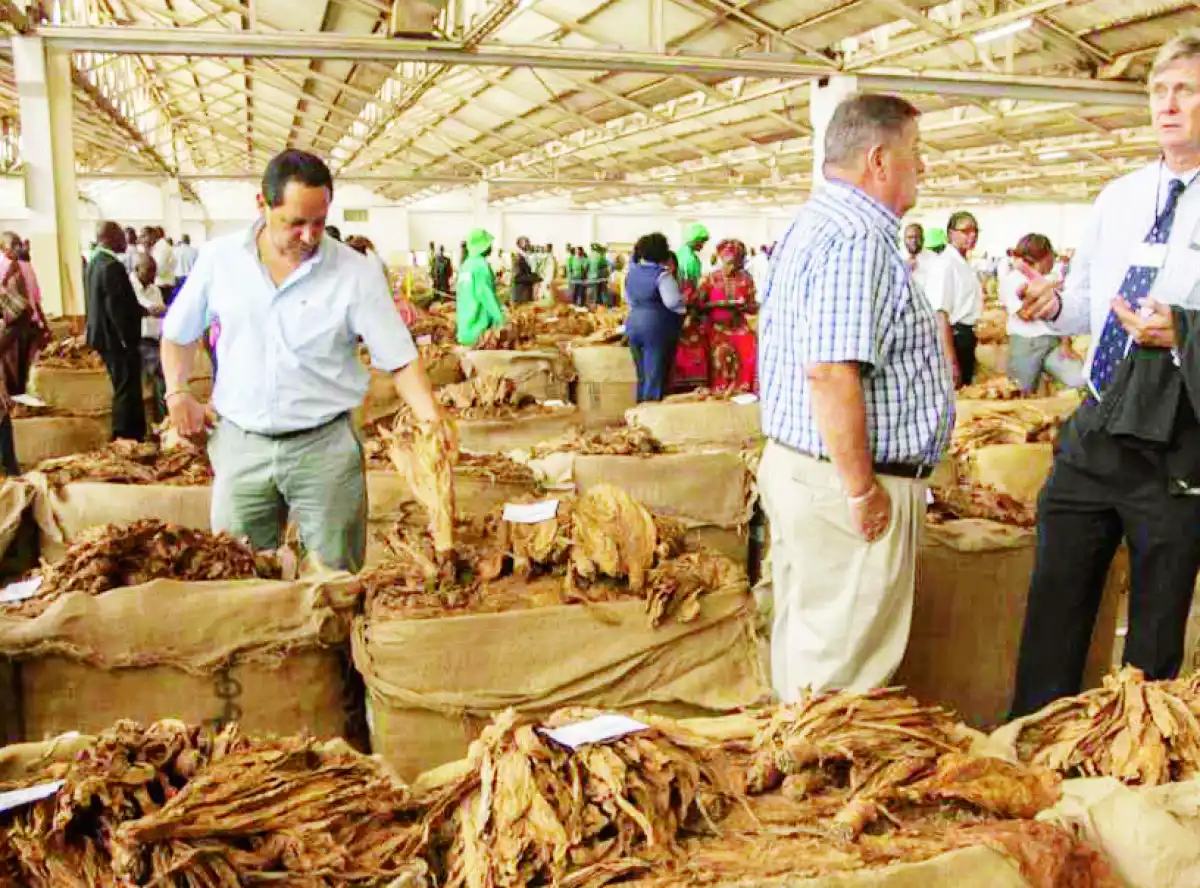
Esteemed statesmen, there are many names used to describe ghost workers who get paid every month, but do not render any service to their employers and bosses.
Technical l y, a ghost employee is someone recorded on the payroll system, but who does not work for the organisation. The ghost worker or ghost employee can be a real person who, with or without their knowledge, is placed on the payroll or a fictitious person invented by the dishonest staff.
Now, the other day the government through the Depar tment of Human Resources Management and Development ordered all government ministries, departments and agencies (MDAs) to submit updated employment records and staff returns for validation in its database.
The department did not stop there. It also asked all government contro l l ing of f icers to prepare and submit copies of certificates, letters of transfer between posts and copies of letters of connection of ser vice where applicable for civil servants.
At that time, many patriotic statesmen hailed the move as a step in the right direction by the current administration barely weeks after it assumed power. This process was long overdue having lost steam and direction in the past.
The previous regime rolled out the so-called war against ghost workers in the public service some years back and committed to undertake a head count to remove all ‘ghosts’ from the government payroll as one way of rooting out waste and corruption that has ruined Malawi’s development since independence.
S e v e r a l p a s t administrations tried to sanitise the government just that their efforts were not good enough.
Unfortunately, until today the Malawi Government continues to lose billions of donor and taxpayer money through organised fraud perpetrated by some unpatriotic citizens in government who connive with some private villains to steal from public coffers by manipulating government payment systems.
A series of audits by certified institutions have established how the sustained existence of ghost workers in the public service has seen some individuals pocketing double salaries and abusing payments through allowances, dubious fuel allocations, mobile phone airtime and other expenses.
A payroll performance document for the 2020/21 Financial Year summarising the number of employees and salaries for 52 MDAs and 28 council s , for instance, showed disparities and inconsistencies in the public sector wage bill, which signaled continued abuse of public funds.
And as some statesmen rightly observed then, this trend is enough proof that the head counts do not really yield tangible results probably because punitive actions are not taken against perpetrators who drain the public resources and draw double salaries, among others.
In my view, there is a need for the government to implement this exercise massively and regularly, especially now that Capital Hill is embroiled in so much dirt, ranging from public sector corruption, fraud and nepotism.
Imp l emen t i n g t h i s onslaught now and then would also expose scores of undeserving public officials, including those hired by the ruling elites, who are holding offices at the expense of deserving youthful graduates who are just loitering in the streets because they have no connections with those closest to the authorities.
This would largely also help to safeguard the public purse especially now when the country’s economy is enduring so many hardships. Un fo r tun a te l y, we have people who view s u c h h e a d – c o u n t s as a t temp t s by the government of the day to harass and prosecute indiv i d u a l s l inked to previous administrations or opposition political parties forgetting that t h i s a g e – o l d f i l t h h a s compromised the delivery of basic services in this country for decades.








0 Comments